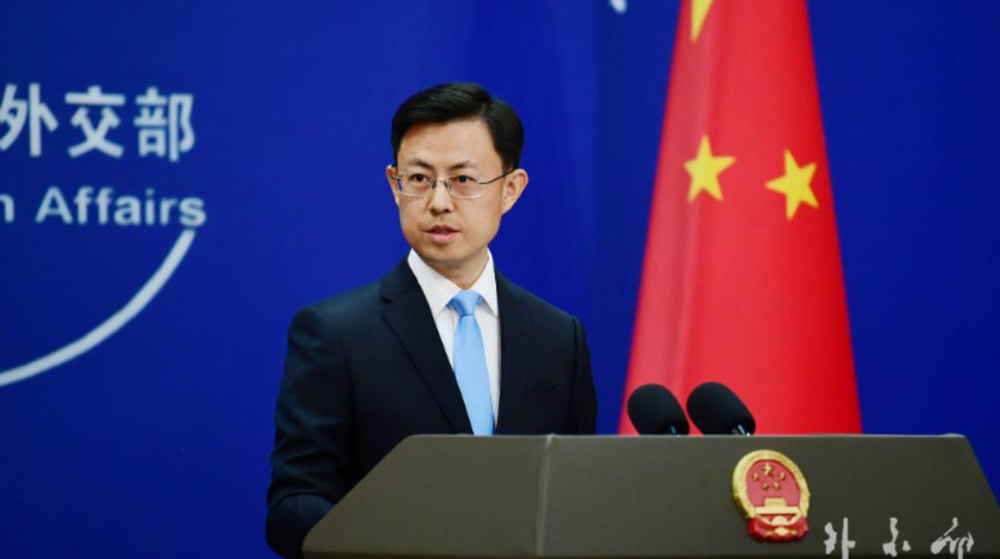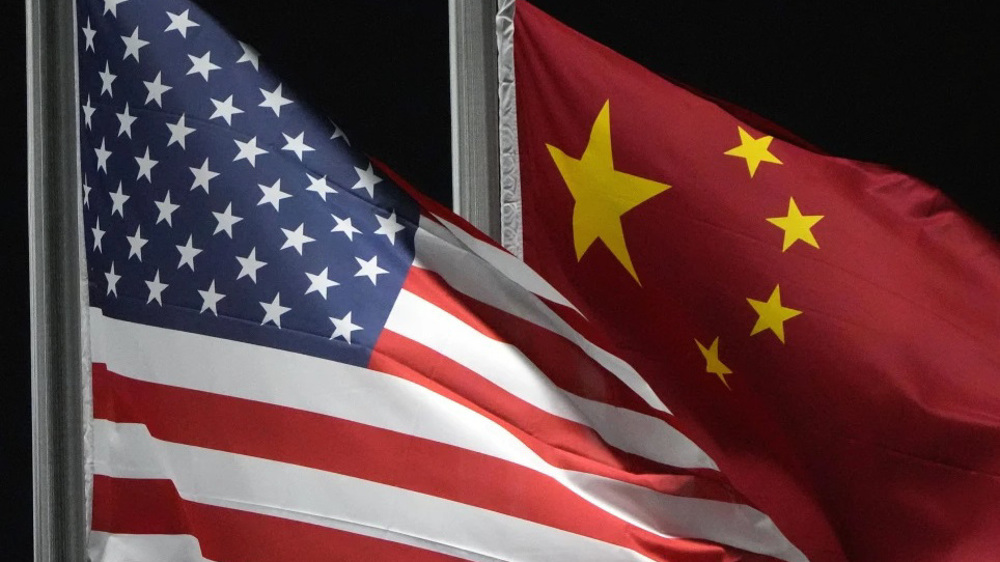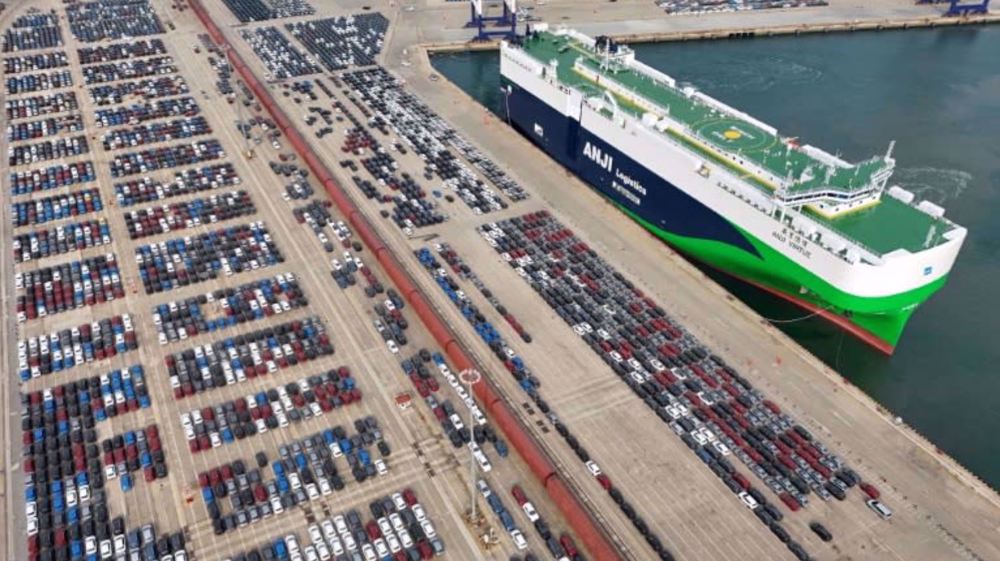Trump talks with Taiwan leader anger China
China has lodged an official protest with the US over a direct contact by phone between President-elect Donald Trump and Taiwan President Tsai Ing-wen.
Beijing regards Taiwan as part of its own territory awaiting reunification with China and any move implying independence for the island would anger Chinese leaders.
China's Foreign Minister Wang Yi on Saturday denounced the contact a "ploy by the Taiwan side that simply cannot change the One China framework."
The Foreign Ministry in Beijing later said it had lodged "stern representations" with the US and urged it to handle the Taiwan issue with caution to avoid any disturbances in ties.
"We urge the relevant parties in the US to abide by the commitment to the One China policy," the statement said, calling Taiwan an inalienable part of China's territory.
According to Trump's office, the US president-elect and Tsai underlined "the close economic, political and security ties" between Taiwan and the US in their talks.
Washington cut formal diplomatic relations with Taiwan in 1979 and recognizes Beijing as the sole government of "One China".
The 10-minute telephone call was the first by a US leader since former president Jimmy Carter switched diplomatic recognition from Taiwan to China.

China's influential state-run tabloid the Global Times warned in an online editorial that if Trump really overturned the "One China" principle upon assuming office it would create a major crisis.
The official Xinhua news agency said Trump needed to know Beijing can be a "cooperative partner" as long as Washington respects China's core interests, including the issue of Taiwan.
Washington remains Taiwan's most important political ally and sole arms supplier. Trump defended the contact, saying Tsai had initiated the call.
"Interesting how the U.S. sells Taiwan billions of dollars of military equipment but I should not accept a congratulatory call," Trump said in a tweet.
Trump has eschewed tradition in other calls with foreign leaders since he won the US election. His adviser Kellyanne Conway said Trump was "well aware of what US policy has been" on Taiwan.
His advisers have indicated that the president-elect is likely to take a more aggressive policy towards China than President Barack Obama and that Trump plans to boost the US military in Asia in response to China.
The Taiwanese presidential office said the two leaders had discussed issues affecting Asia and the future of Washington-Taipei ties.
China's Taiwan Affairs Office called the conversation a "petty" move by Taiwan that does not change the island's status as part of China.
Tsai, who took office in May, has refused to accept the "One China" concept, prompting Beijing to cut off all official communication with the self-ruled island’s new administration.
China and Taiwan are physically separated by the Taiwan Strait in the Western Pacific Ocean. They split politically following the 1927-1950 Chinese Civil War and there have been no formal cross-strait diplomatic relations ever since.

China says expects ‘in-depth’ talks during Iran foreign minister’s visit

China sanctions US figures over ‘gross interference’ in Beijing’s affairs

China ‘firmly’ opposes countries making trade agreements with US at its expense
Cases of Esfandiari and Hazamy: France’s quiet war on Muslim, Iranian, pro-Gaza voices
Indonesia, Iran stress commitment to expanding relations
Israel threatens 'larger' war on Gaza with new evacuation orders
Senior diplomats from Iran, Russia, China hold talks with IAEA chief
Two US marines accused of raping Japanese women in Okinawa
VIDEO | Shahin Hazamy arrested primarily for his viral pro-Palestine social media posts: Filmmaker
Houthi: Bab al-Mandab, Arabian Sea closed to Israeli, US ships
India, Pakistan escalate tit-for-tat moves with military threats












 This makes it easy to access the Press TV website
This makes it easy to access the Press TV website